Alien
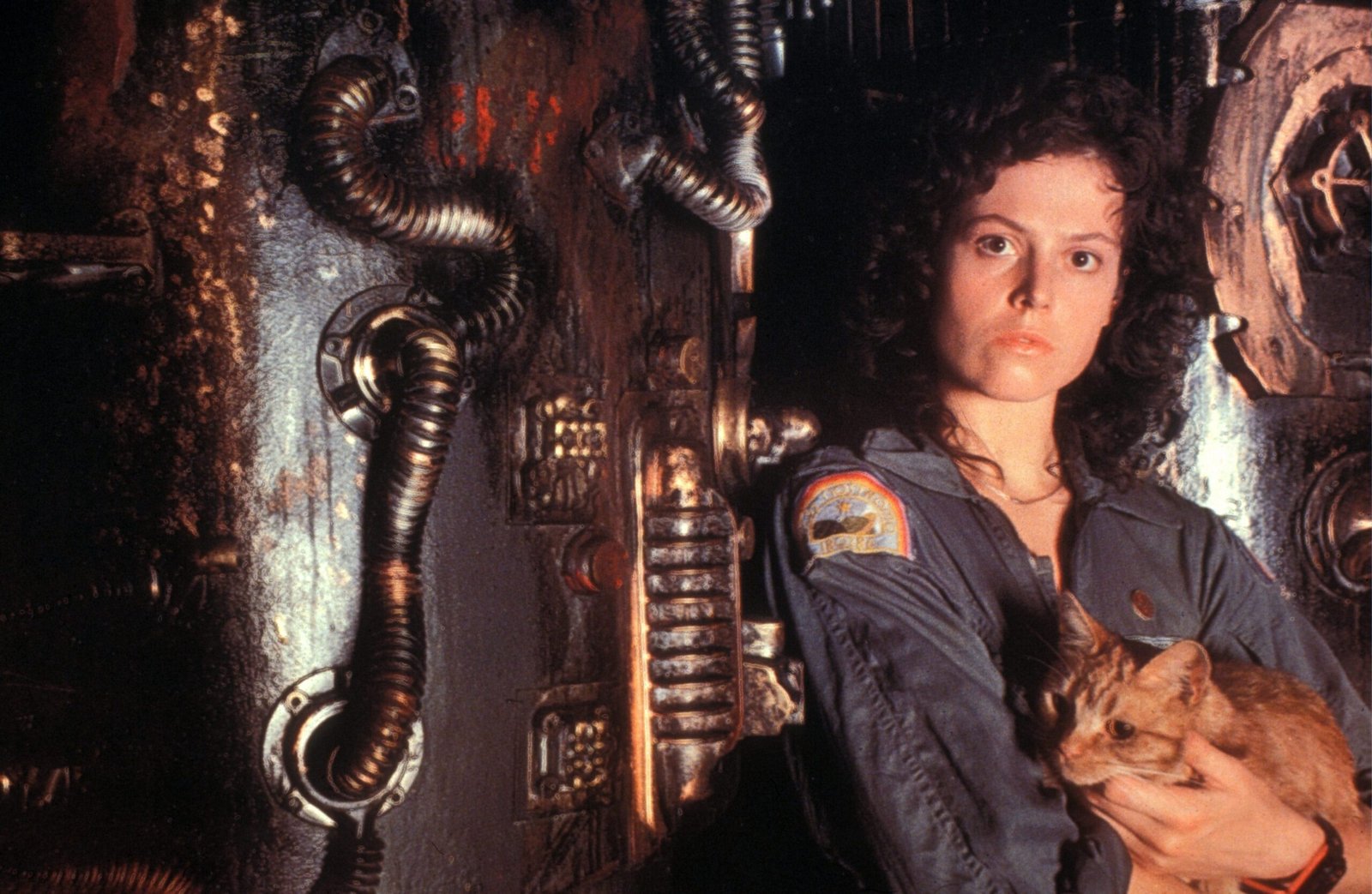
In 1979, Alien burst onto screens, forever changing sci-fi horror. Set aboard the commercial towing vehicle Nostromo, the crew responds to a distress signal on a desolate planet. There, they discover a derelict spaceship and its cargo: mysterious eggs housing deadly creatures. One of these creatures latches onto a crew member, birthing the iconic Xenomorph — a relentless predator with acid blood.
The film’s strengths lie in its masterful blend of suspense and horror, amplified by claustrophobic sets and eerie sound design. Director Ridley Scott’s attention to detail and pacing creates an atmosphere of dread that intensifies with each encounter with the creature.
However, Alien is not without flaws. Some criticize its slow buildup, which may deter viewers seeking immediate action. Additionally, character development is limited, focusing more on survival than personal depth.
Despite its imperfections, Alien remains a landmark in cinema, influencing generations of filmmakers and setting a standard for sci-fi horror. Its chilling atmosphere, groundbreaking visuals, and unforgettable creature design continue to captivate audiences, ensuring its place as a timeless classic in the realm of science fiction and horror.
Aliens
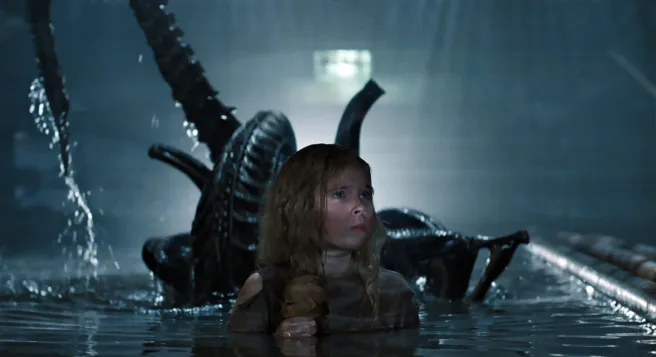
In 1986, director James Cameron expanded upon Ridley Scott’s iconic horror masterpiece with Aliens, a sci-fi action thriller set in the distant future. The film follows Ellen Ripley, the sole survivor of the Nostromo incident, awakened from stasis after 57 years. She joins a team of Marines to investigate a colony on LV-426, where contact has been lost.
As they arrive, they find the colony deserted, except for terrifying xenomorphs that have overrun the settlement. Ripley discovers a survivor, a young girl named Newt, and the Marines face a desperate battle for survival against the relentless alien creatures. The film culminates in a climactic showdown as Ripley, in a power loader exosuit, faces off against the monstrous Alien Queen.
Aliens received widespread acclaim for its tense atmosphere, strong performances (especially Sigourney Weaver’s portrayal of Ripley), and groundbreaking special effects. It’s praised for expanding the universe of the original film while delivering intense action sequences and memorable characters.
Critics lauded its blending of horror and action, creating a gripping narrative that explores themes of motherhood, survival, and corporate greed. However, some viewers felt it sacrificed the atmospheric horror of the original for a more straightforward action approach. Additionally, the extended director’s cut is often preferred for its added character development and scenes that deepen the story.
Overall, Aliens remains a cornerstone of sci-fi cinema, influencing countless films and games, and solidifying the Alien franchise as a benchmark for both horror and action genres.
Alien³
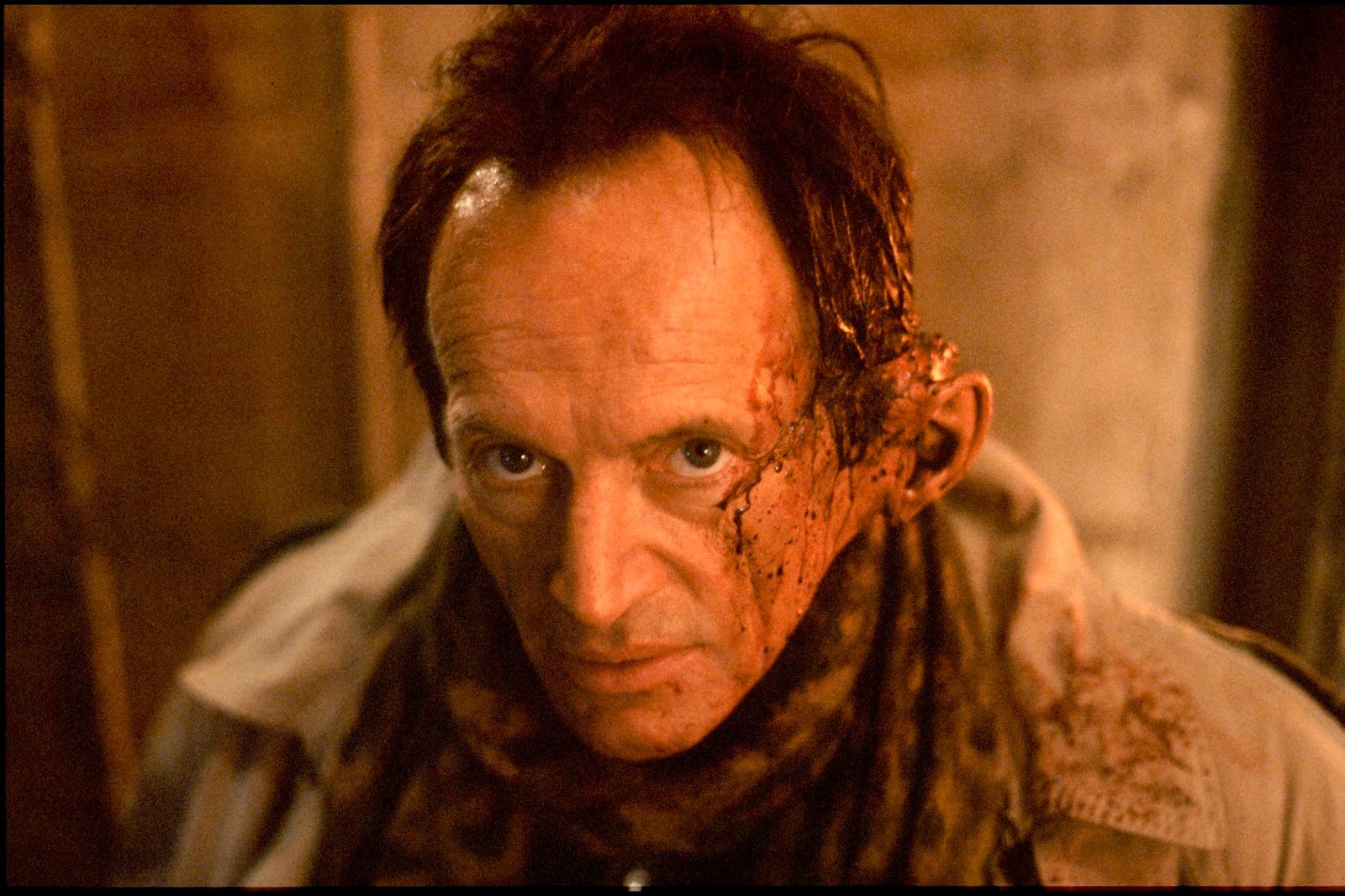
In 1992, Alien 3 continued the saga of Ellen Ripley’s harrowing encounters with the deadly xenomorph species. Set immediately after the events of Aliens, the movie begins with Ripley’s escape pod crash-landing on Fiorina 161, a bleak prison planet housing male inmates. As the lone survivor, she finds herself trapped once again with the alien creature, which has stowed away aboard her ship.
The film explores themes of isolation, sacrifice, and redemption as Ripley, alongside the inmates, confronts the relentless threat of the alien. Directed by David Fincher, Alien 3 diverged from its predecessors by emphasizing a darker, more atmospheric tone and focusing on character-driven storytelling.
Critically, the film polarized audiences. Its strengths lie in Fincher’s distinctive visual style and a compelling performance by Sigourney Weaver. However, the decision to kill off beloved characters from Aliens and the troubled production history that led to multiple script revisions and studio interference drew criticism. Despite its flaws, Alien 3 remains a crucial chapter in the Alien franchise, contributing to its enduring legacy in science fiction cinema.
Alien: Resurrection
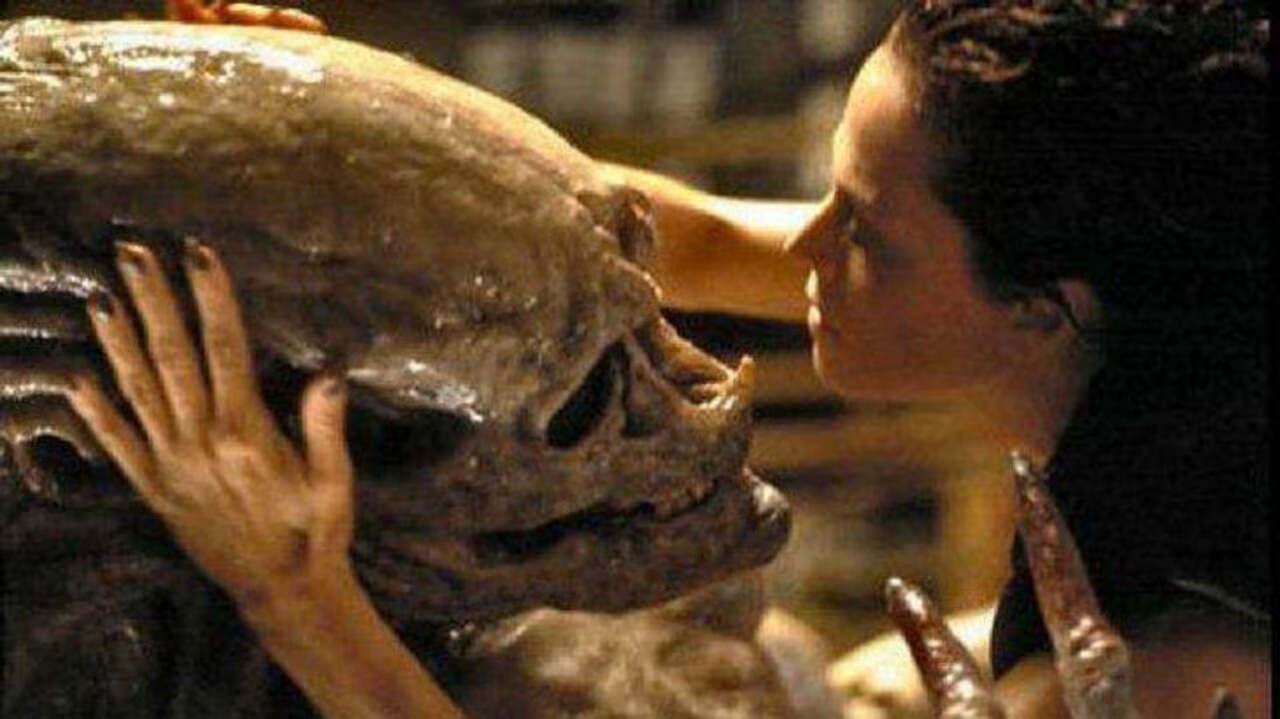
In Alien: Resurrection, the fourth installment of the Alien franchise, the story unfolds two hundred years after the events of Alien 3. Scientists aboard the spaceship USM Auriga clone Ellen Ripley (portrayed by Sigourney Weaver) using DNA samples recovered from her previous encounters with the deadly Xenomorphs. This clone, however, is a hybrid, part human and part alien, resulting in enhanced strength and reflexes.
The narrative revolves around the Auriga’s crew and a band of mercenaries who deliver kidnapped humans to be hosts for more Xenomorphs. Chaos ensues as the Xenomorphs break free, threatening everyone aboard. Ripley teams up with the crew, including android Call (Winona Ryder), to survive and escape the ship.
Critically, Alien: Resurrection was praised for its visual effects and Weaver’s performance but faced criticism for its departure from the franchise’s horror roots towards more action-oriented sequences. The screenplay, penned by Joss Whedon, received mixed reviews for its unconventional approach to the series’ mythology.
Overall, Alien: Resurrection remains a polarizing entry in the franchise, offering a unique blend of horror and science fiction while experimenting with new ideas that divided fans and critics alike.
Prometheus
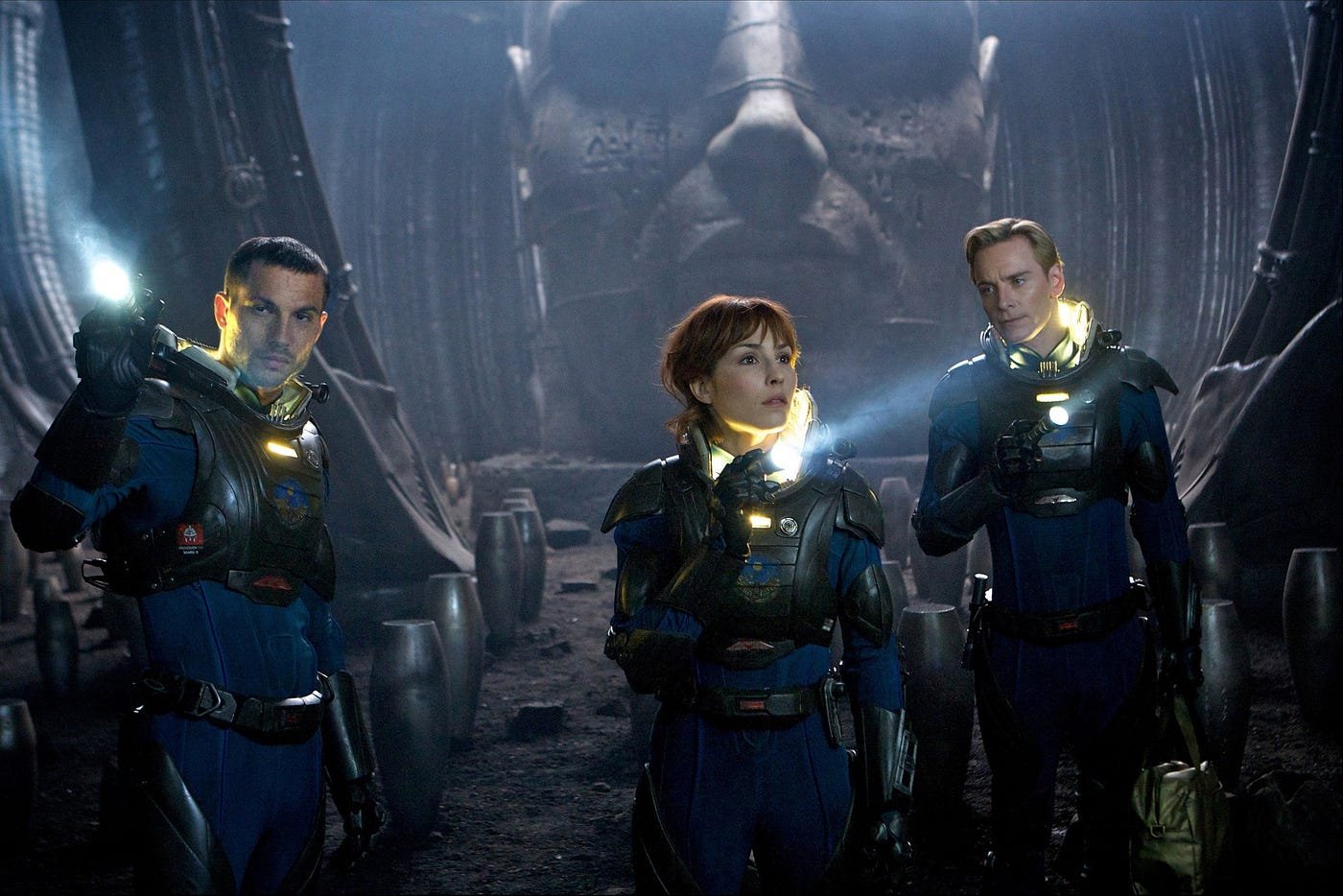
In 2012, Ridley Scott returned to the sci-fi genre with Prometheus, a prequel to his groundbreaking Alien series. Set in the late 21st century, the film follows a team of scientists and explorers aboard the spaceship Prometheus. They embark on a journey to a distant moon, following clues left by ancient civilizations on Earth, seeking the origins of humanity.
As they arrive, they discover a vast structure that holds dark secrets and a potential threat to all life. The expedition soon turns into a fight for survival as they encounter the Engineers, an advanced alien species linked to human origins. Alongside these revelations, the crew faces deadly creatures and internal conflicts fueled by personal agendas and philosophical questions about creation and existence.
Prometheus received praise for its stunning visuals, ambitious exploration of existential themes, and Michael Fassbender’s compelling performance as the android David. The film’s design and special effects were particularly lauded for creating an immersive and visually striking world.
However, criticism centered on the film’s complex narrative, which left some viewers with unanswered questions and a sense of unresolved plotlines. Some also felt the characters’ decisions were inconsistent or lacked depth, affecting their relatability and the emotional impact of the story.
Despite mixed reception, Prometheus sparked discussions about its connections to the broader Alien universe and the philosophical concepts it explored. It remains a significant entry in sci-fi cinema, challenging audiences with its blend of grand ideas and visceral thrills.
Alien: Covenant
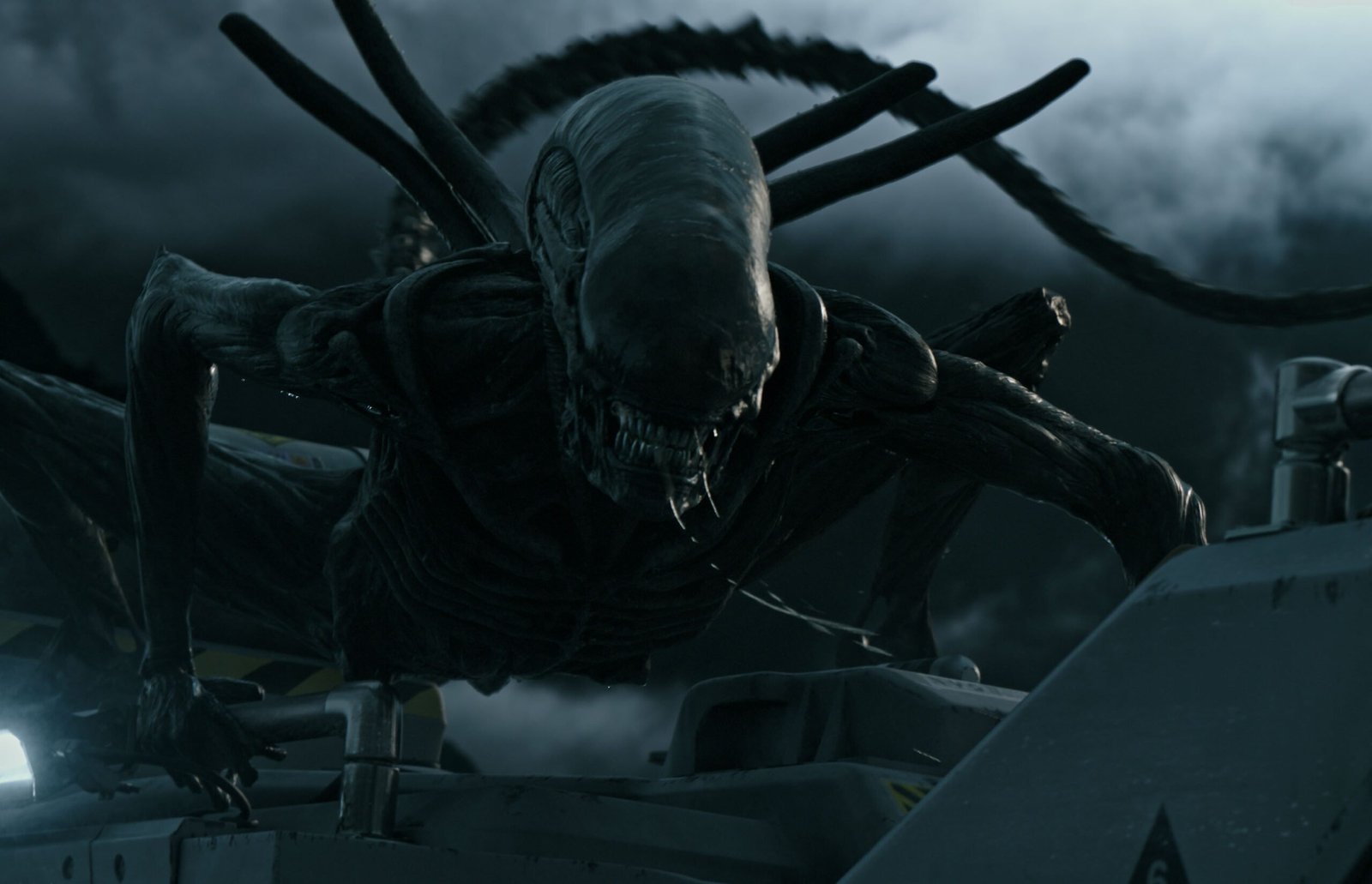
In Alien: Covenant (2017), the story continues the saga of humanity’s encounter with the enigmatic Engineers, first introduced in Prometheus (2012). Set years after those events, the movie follows the crew of the colony ship Covenant, who discover what seems like an uncharted paradise. However, they soon encounter deadly threats, including the evolved Xenomorph species.
The film explores themes of creation, identity, and the dangers of unchecked ambition through its characters, notably David, the android from Prometheus, who plays a pivotal role in the plot’s unfolding. Michael Fassbender delivers a standout performance in dual roles as David and Walter, another android model aboard the Covenant.
Critics praised the film’s visuals and performances but noted its departure from the horror roots of the original Alien series, opting instead for a more philosophical and grandiose narrative. Some viewers appreciated the deeper exploration of the Alien universe’s mythology, while others felt it detracted from the suspense and visceral thrills that defined earlier installments.
Overall, Alien: Covenant adds layers to the series’ mythology and raises provocative questions about humanity’s place in the cosmos. However, its departure from the franchise’s horror roots and mixed critical reception highlight its polarizing nature among fans.